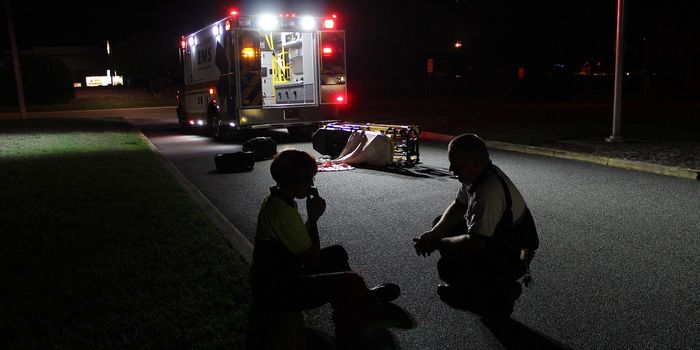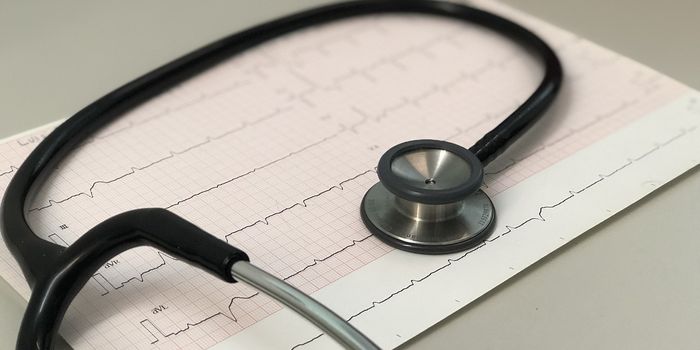Encrypting Data With The Ultimate Password: A Heartbeat
The increasing prevalence of “telemedicine” and “mobile healthcare” has medical professionals concerned about the privacy of patient health records. A new technology has been proposed to create a “next-generation secure, personalized healthcare,” and it’s the encryption of patient data with their own heartbeat.
Cryptography has long been the traditional method for ensuring digital privacy. It’s a way of “storing and transmitting data in a particular form” so that the right person can access the data and the wrong person cannot. But Binghamton University scientist and co-author of a new study Zhanpeng Jin believes in a less expensive, less time-consuming, and less computing-intensive option to secure health records.
"The cost and complexity of traditional encryption solutions prevent them being directly applied to telemedicine or mobile healthcare,” Jin said. “Those systems are gradually replacing clinic-centered healthcare, and we wanted to find a unique solution to protect sensitive personal health data with something simple, available and cost-effective.”
Jin, along with colleagues from the State University of New York, developed a system that encrypts individual patient data with their electrocardiograph (ECG) as the key giving them the power to grant or restrict access to their health records.
In the past, Jin developed a technology that transformed an individual’s brainprint into a “password” to unlock files on computers and in buildings. His current research on the heartbeat as a passcode built on the brainprint technology and was recently presented at The IEEE Global Communications Conference. Jin argues that encrypting data with an ECG simultaneously minimizes cost and improves security and privacy.
An ECG is a test doctors use to quantify the electrical activity of the heartbeat, as it emits an electrical pulse with every beat. In the clinic, an ECG provides doctors with the amount of time electrical waves tae to pass through the heart: fast, slow, or a regular amount. Additionally, quantifying the amount of electrical activity in the heart can provide insight on overworked or too-large portions of the heart muscle.
"The ECG signal is one of the most important and common physiological parameters collected and analyzed to understand a patient's' health," Jin said. "While ECG signals are collected for clinical diagnosis and transmitted through networks to electronic health records, we strategically reused the ECG signals for the data encryption.”
Just as an individual’s heart health is subject to change during aging or experiences of illness and injury, and ECG will change over time. Whether an individual’s ECG changes or they just want to alter access to their health records, Jin and his team are working on a way for the technology to take these variable into account, making the new encryption model a sustainable resource for medical professionals.
Sources: American Heart Association, TechTarget, Binghamton University









